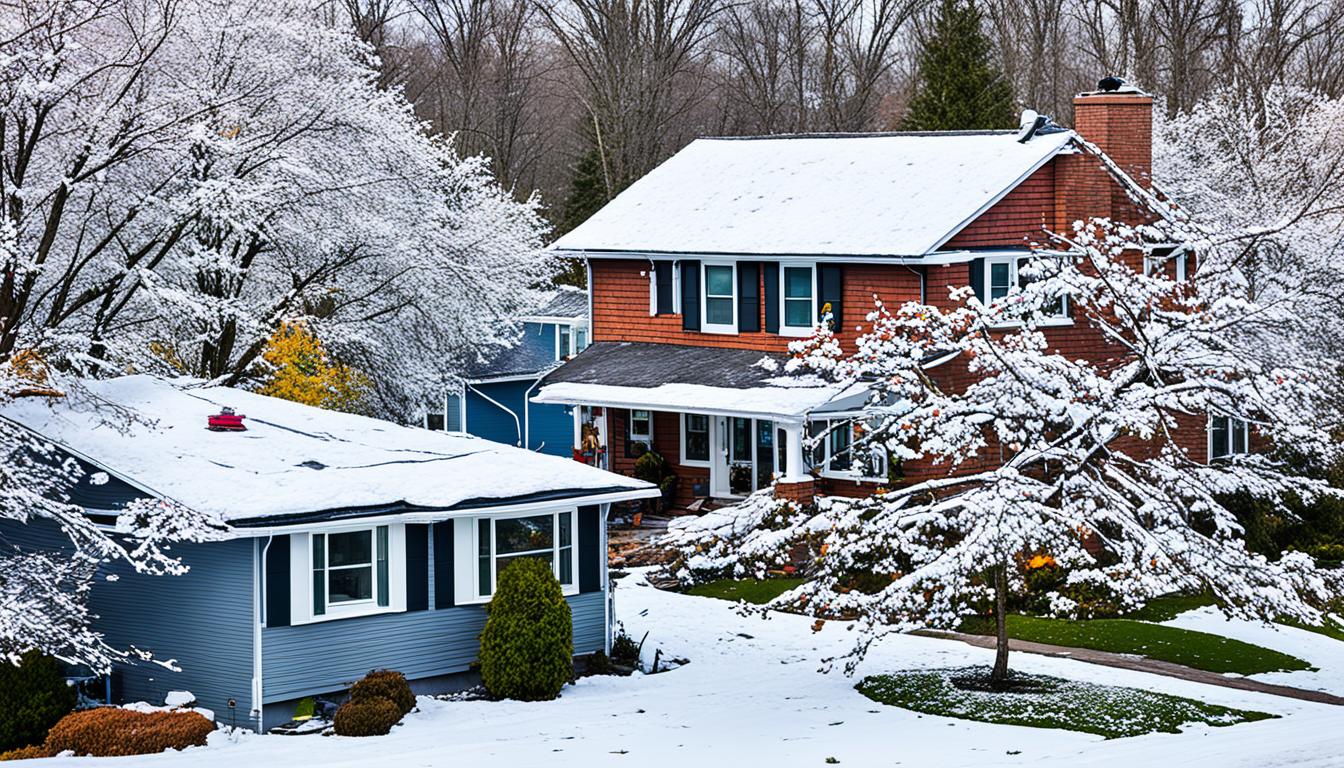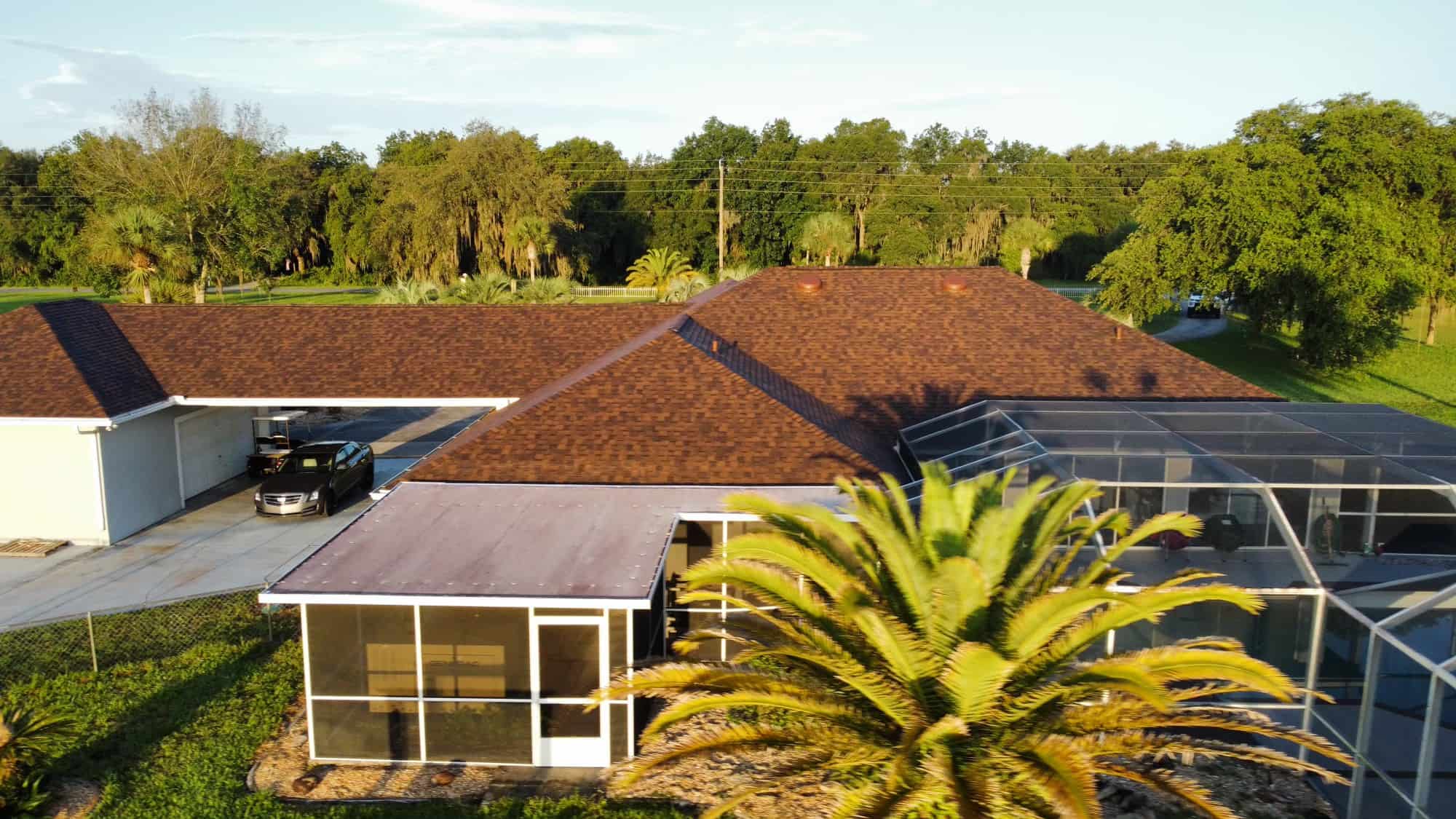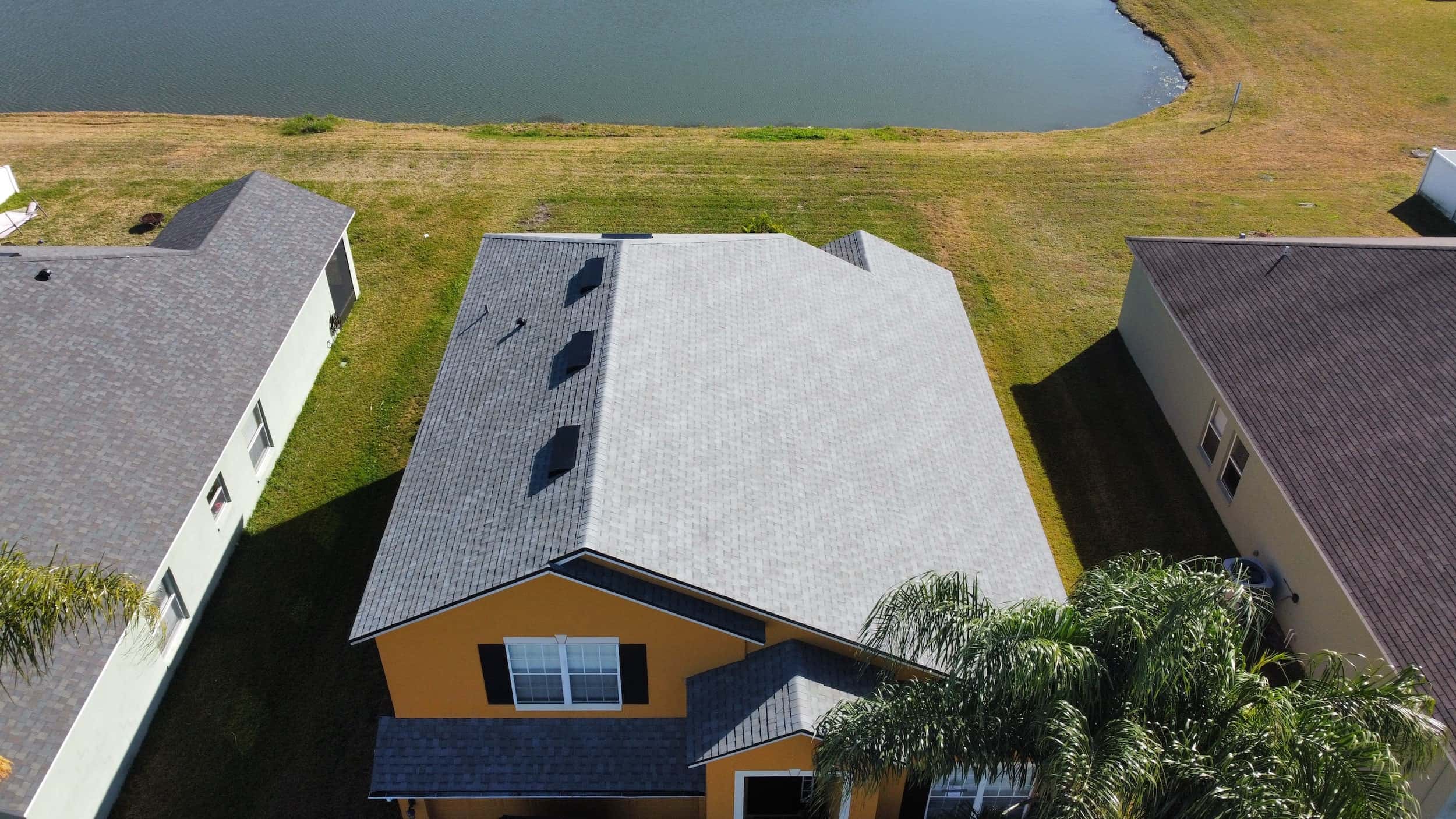Key Takeaways
- Timing your roof replacement correctly can offer potential cost savings and increased efficiency.
- The best time for a roof replacement depends on personal schedule, contractor availability, and regional climate.
- Each season offers unique advantages as well as distinct challenges.
- Choosing a professional roof replacement service is key to overcoming the seasonal difficulties often associated with roof replacements.
- Your local best roof replacement contractor can navigate these challenges, providing quality workmanship throughout the year.
Evaluating Seasonal Pros and Cons for Roof Replacement
Undertaking a roof replacement isn’t a decision to be taken lightly – it requires careful evaluation of numerous influential factors. As we navigate through the quest to identify the ideal season to undertake this significant project, there are several essential aspects to consider. These include variable weather patterns, labor availability, potential roof replacement cost fluctuations, and, lest we forget, the temperament of different roofing materials under varying temperatures.

Winter’s cold can make roof replacement challenging due to material brittleness. Yet, it’s an off-peak season, offering better prices and contractor availability for both residential and commercial projects. Spring brings milder weather, which is ideal for identifying winter damage, but unpredictable rain may affect scheduling.
- Winter: Off-peak season with potential material challenges but favorable contractor availability and pricing.
- Spring: Milder temperatures with early detection potential for winter-inflicted damage; scheduling may be affected by precipitation.

Summers, being predictably sunny, present considerably better conditions for implementing a roof replacement. However, this period isn’t without its caveats. Regions prone to extremes of heat or susceptible to hurricanes or tornadoes are likely to witness a busier season for repairs rather than fresh installations. Finally, fall arguably presents some of the most favorable conditions for a roof replacement – it’s cooler temperatures and predictable weather patterns allow for shingles to set effectively. However, this also translates to tighter schedules due to increased demand and a potential hike in roof replacement costs.
- Summers: Predictably better conditions with the drawback of potential extreme heat and increased repair demand.
- Fall: Cooler temperatures and prime conditions for shingles to set properly, albeit with tight schedules and potential cost hikes due to increased demand.

To conclude this section, it’s worth noting that there’s no one-size-fits-all answer when it comes to the best time for roof replacement. The decision hinges greatly on your personal needs, the specific challenges of your property, and the unique offerings each season brings. So make your choice wisely, and remember—informed decisions make way for successful implementations.
The Optimal Time for Roof Replacement
Arriving at the perfect time for a major undertaking like a residential or commercial roof replacement requires a careful evaluation of various factors. Each season has its own pros and cons related to roof replacement, and understanding these can help make the whole process smoother and more effective. Let’s delve into what each of these seasons has to offer when it comes to roof replacement.

Spring: The Season of Maintenance and Preparations
Spring, known for its mild weather, is a great time to deal with roof damage caused by winter storms. The slightly warmer temperatures, coupled with roof contractors’ availability, make spring a practical time for roof replacement service. On the downside, spring showers might interrupt the roof replacement process. Thus, hiring the best roof replacement contractor who can accommodate possible rescheduling due to rainfall is crucial.
Summer: High Demand and Weather Sustainability
If you wish to replace your shingle roof or upgrade to a metal roof replacement, summer could be the best time. The longer daylight hours and stable weather conditions provide a more conducive environment for roof replacement. However, keep in mind that summer is a peak period for roof contractors, so prices could be higher, and availability might be limited.
Fall: The Preferred Season for Roofing Projects
Arguably, fall offers the best conditions for roof replacement. The weather is cooler, and shingles have enough time to seal properly before winter. Remember, though, that fall is a busy time for roof replacement service, so make sure to plan ahead and schedule your project well in advance to secure your slot.
Winter: Off-Season Advantages and Challenges
Although winter is typically off-season for roof replacement, it’s not entirely out of the question. If done by professionals under the right conditions, a winter roof replacement can turn out perfectly fine. Plus, since it’s off-season, you could benefit from lower costs and better contractor availability. Be wary, though, that the colder climate could make certain roof materials brittle, posing a challenge to the installation process.
| Season | Advantages | Challenges |
|---|---|---|
| Spring | Moderate temperatures and availability of contractors. | Potential for heavy rains that can delay projects. |
| Summer | Longer daylight hours and stable weather conditions. | Peak period, leading to higher prices and limited contractors’ availability. |
| Fall | Cooler weather allows shingles to seal effectively. | High demand may mean having to schedule well in advance. |
| Winter | Lower demand, the possibility of reduced costs, and abundant contractor availability. | Cold climate can make installation materials brittle and hard to work with. |
No matter the time of year, it’s always essential to work with the best roof replacement contractor. They can provide valuable advice on the optimal time for your roof replacement based on your specific needs and the local climate.
Conclusion
In sum, determining the optimal time for roof replacement requires careful consideration of multiple factors. These include not only individual needs and schedules but also the unique conditions that each season brings. It’s all about finding the sweet spot that aligns your requirements with key seasonal advantages.
Key Takeaways for Selecting Your Roof Replacement Timing
The best time for roof replacement can greatly depend on individual circumstances such as availability and urgency. Winter, for instance, offers flexible schedules and potential cost savings, making it ideal for those who prefer off-peak seasons. Fall, on the other hand, is widely considered the go-to season for roofing projects thanks to its favorable conditions, though this popularity does necessitate advanced planning.
Maximizing Efficiency with Seasonal Considerations
Each season presents unique conditions which can have a considerable impact on roof replacement. Understanding how roofing materials such as shingles behave under different weather conditions and temperatures is critical to the planning process. By taking these seasonal intricacies into account, we can more accurately project timelines and budget forecasts.
Planning Ahead: Scheduling and Contractor Availability
The fluctuating demand for roofing contractors throughout the year has a significant influence on their availability and pricing. For this reason, we recommend identifying and engaging with the best roof replacement contractor before your planned project. This proactive approach can help mitigate the risk of peak-season delays. Moreover, addressing planning aspects like budget, potential homeowner association requirements, and necessary permits can promote smoother operations and better alignment with your schedule.
FAQs
What is the best season for roof replacement?
The best season for roof replacement can vary depending on individual circumstances, including your availability, urgency, and regional climate. However, fall is generally considered ideal due to cooler, stable weather that allows shingles to adhere properly, leading to effective long-term performance.
How do the Pros and Cons of roof replacement change with the seasons?
Each season presents its distinct advantages and challenges for roof replacement. Spring offers moderate temperatures and allows for early detection of winter damage, but rainy weather can disrupt schedules. Summer assures stable, warm weather, making it a peak season for roofers, though schedules are tighter and costs higher. The fall provides ideal roofing conditions, but due to its popularity, you may encounter tight schedules and potential cost increases. Winter, though not typically favorable due to frigid temperatures and the risk of material brittleness, may allow for potential cost savings and flexible scheduling since it’s the off-peak season for roofers.
Does the timing of my roof replacement affect the quality and performance of my roof?
The timing of your roof replacement can indeed impact its quality and performance. Certain weather conditions can affect how roofing materials like shingles adhere and seal, ultimately affecting their durability and efficiency. Cooler, dry conditions, like those in the fall, tend to provide optimal conditions for roof replacements.
How can I ensure an efficient roof replacement process?
Planning ahead is key to a smooth, efficient roof replacement process. Ensuring you understand how roofing materials interact with seasonal temperatures, considering contractor availability, and addressing important aspects like budgeting, obtaining necessary permits, and potentially dealing with homeowner association requirements can help ensure the smooth execution of your roof replacement project.
Can I get a roof replacement done in winter?
Roof replacement is feasible even in winter with professional handling and the right conditions. However, the colder climate may impede materials from installing and curing properly. One major advantage of winter roof replacement is the potential for reduced costs and flexible scheduling due to lower demand.
How does demand for roofing contractors change throughout the year?
Demand for roofing contractors typically fluctuates with the seasons. Spring and summer are usually busy periods due to stable or mild weather conditions, which can make scheduling a contractor more challenging. Fall is also popular for roofing projects, so advance planning is usually necessary. Winter is typically slower, meaning it might be easier to schedule a contractor and potentially save costs.


